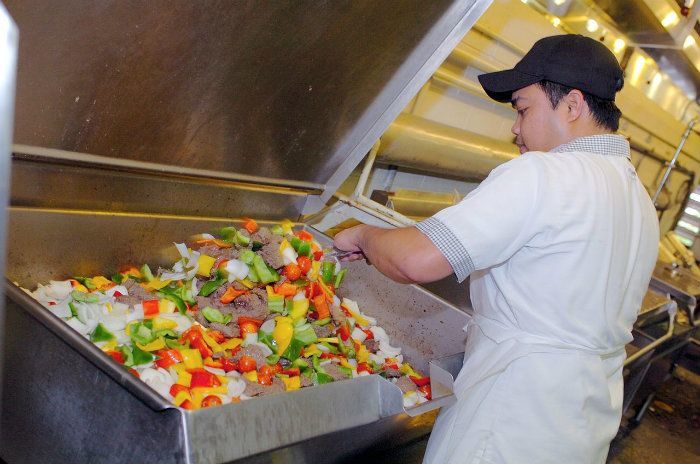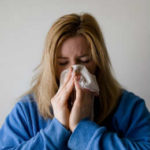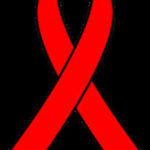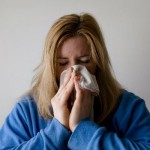What Is Norovirus: Symptoms and Prevention
A norovirus – also called a Norwalk virus – is the main cause of intestinal flu. People who are infected with a norovirus generally experience diarrhea, an upset stomach, vomiting, sometimes accompanied with a slight fever. Norovirus is particularly problematic in populated areas due to its high infectiousness. This is why high traffic areas
with many people, like cruises and food places, tend to have outbreaks.
What Causes The Norovirus Outbreak?
Failure to properly wash hands and utensils tends to spread the norovirus to others. Coming into contact with food that has been contaminated with a norovirus can cause outbreaks. Food and individuals who are exposed to raw sewage can cause an outbreak. A lot of the times, an outbreak begins with a person who is infected handling food and unknowingly spreading the virus to others. For example, health officials have closed off food vendors in  downtown Seattle due to a norovirus causing sickness in more than 200 people, with more cases being reported in following days. More than 600 people attended the Russell Investments Center in downtown Seattle. Almost 200 people reported symptoms of a highly contagious pathogen or norovirus. Two people have been hospitalized and several people have required emergency care. Health agencies have noted that the norovirus is the most common cause of food borne illnesses in the United States. This underlines the importance of proper food preparation and handling.
downtown Seattle due to a norovirus causing sickness in more than 200 people, with more cases being reported in following days. More than 600 people attended the Russell Investments Center in downtown Seattle. Almost 200 people reported symptoms of a highly contagious pathogen or norovirus. Two people have been hospitalized and several people have required emergency care. Health agencies have noted that the norovirus is the most common cause of food borne illnesses in the United States. This underlines the importance of proper food preparation and handling.
Dangers Of Compromised Immune Systems
In most healthy populations, the norovirus is an uncomfortable and inconvenient experience, with most people recovering by themselves within a couple of days. However, individuals with compromised immune systems, including the elderly, are particularly susceptible to the dangers of the norovirus’ symptoms. Dehydration, slight fever, and vomiting can all cause health problems or aggravate preexisting ones in those with compromised immune systems. In children, constant diarrhea and vomiting can lead to an imbalance in electrolytes. Children who are suspected of being infected with a norovirus are recommended to visit a doctor within 24 hours to circumvent the dangers of dehydration. Intravenous fluids may be needed.
Infected Food Workers Can Spread the Virus to Others

People who are infected with a norovirus shed millions of norovirus particles per day, with their rate of infecting others increasing exponentially during the first few days after recovery. It is imperative that food workers understand that they can easily contaminate food and drinks with the touch of their bare hands. Food workers who have direct contact to raw fruits and vegetables, ready-to-eat meals, are particularly contagious. However, noroviruses can easily be managed and prevented.
Food workers should notify managers of any sick workers and avoid others who show signs of symptoms. Washing of hands should be mandatory. It’s recommended that you use an antibacterial soap. Nonporous utensils like metal spoons and plates can be disinfected to remove any traces of the norovirus. The norovirus is killed at temperatures above 140 degrees Fahrenheit. Steaming and boiling utensils for at least one minute can kill the virus. The norovirus is a robust bacterium, and can survive about 3 to 4 weeks at room temperature. A thorough disinfection of work areas may be required.






